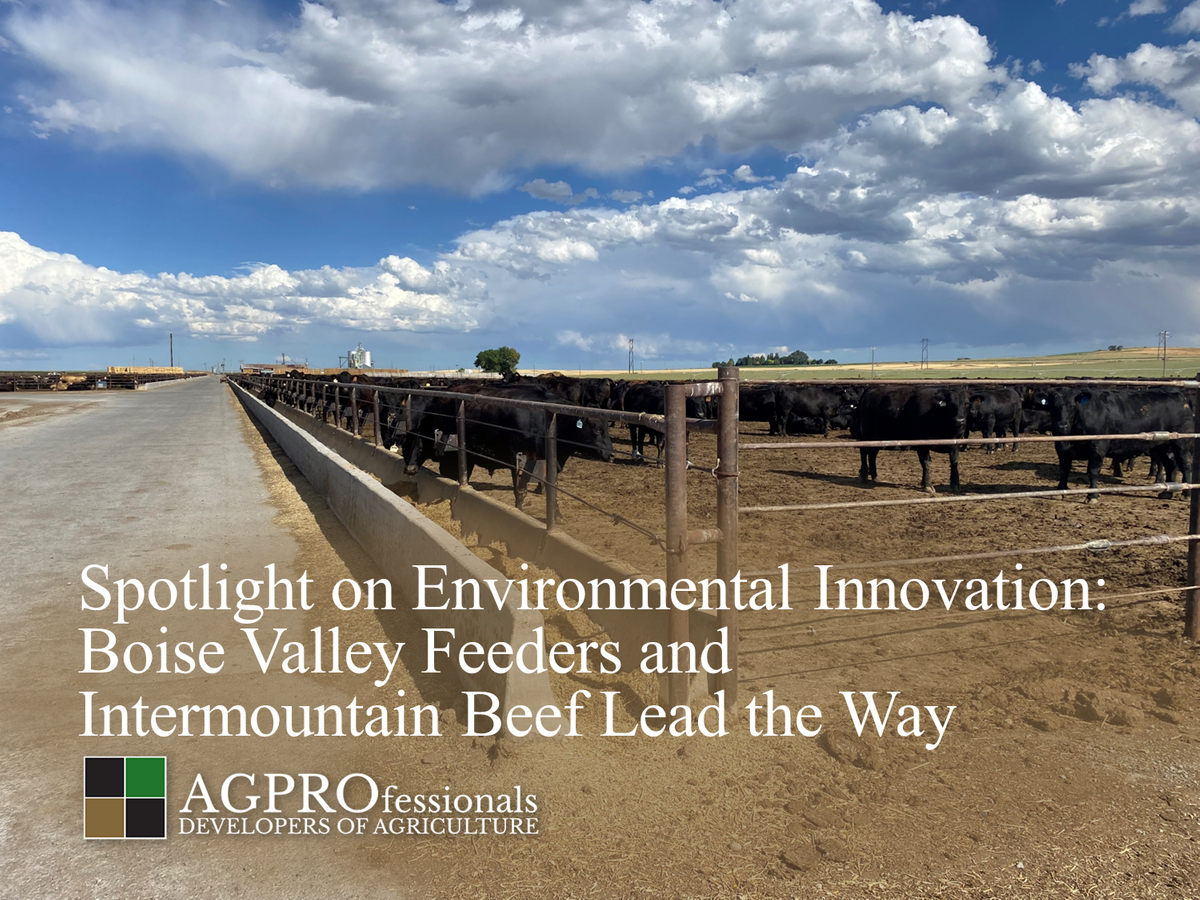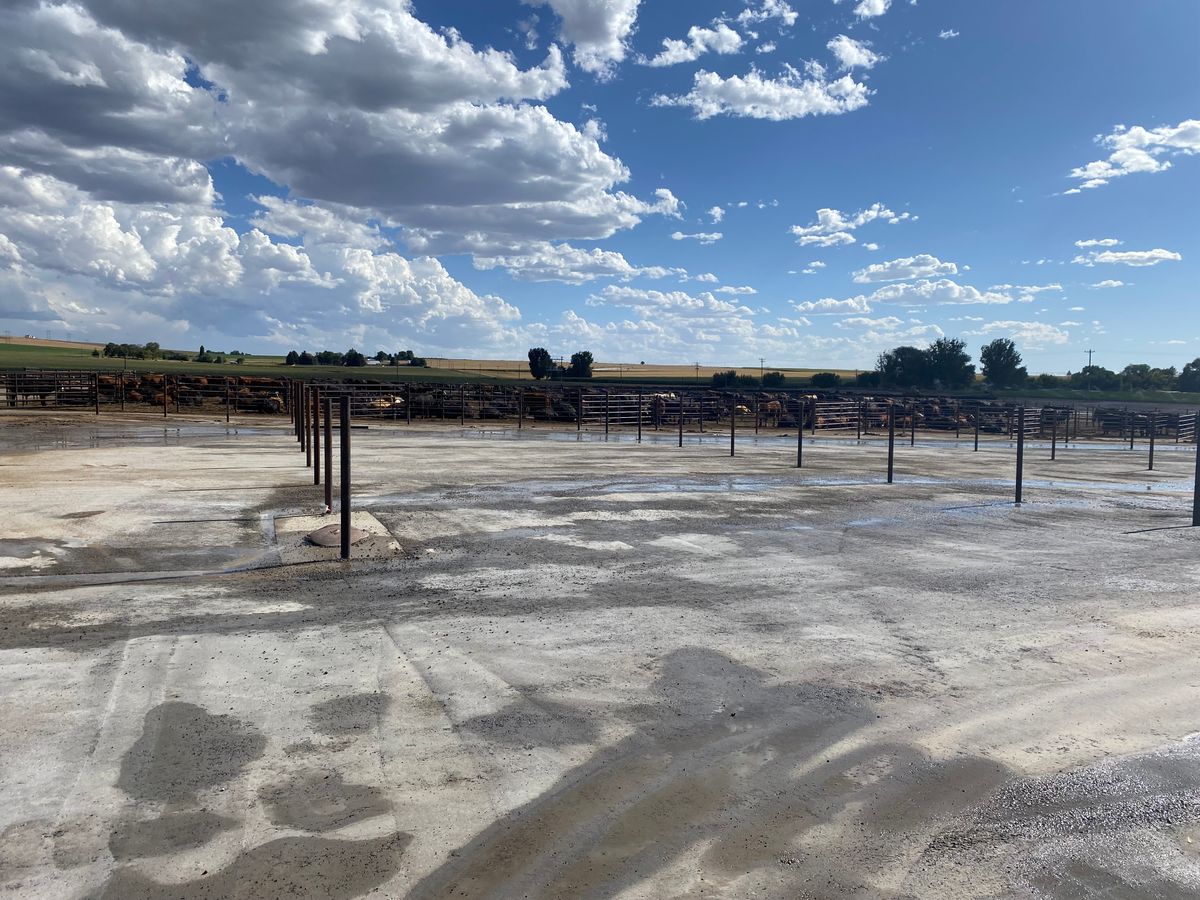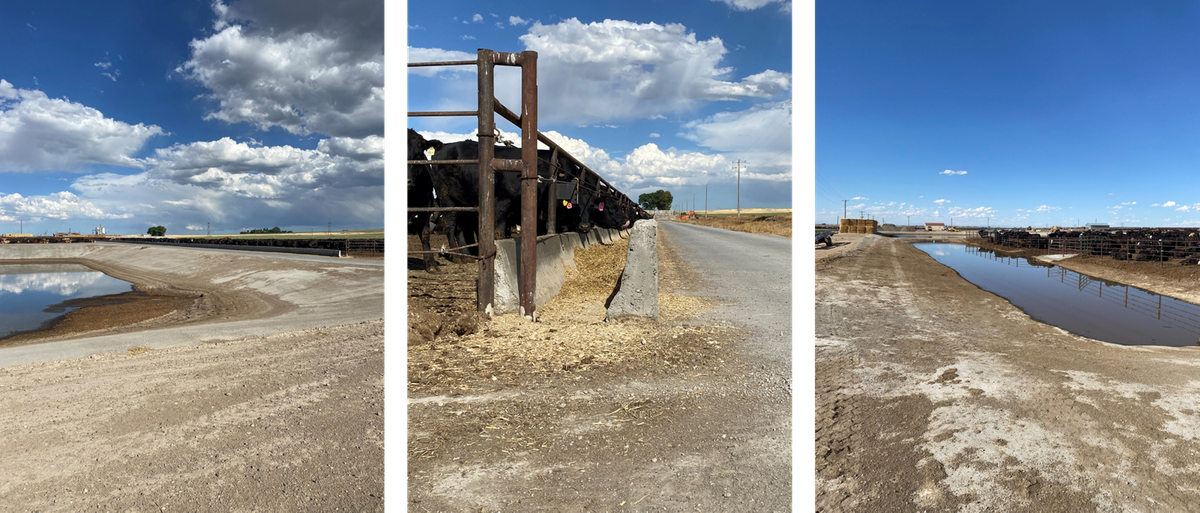The CAFO Improvement Fund, a collaborative initiative by the Idaho Department of Environmental Quality (IDEQ) and the Idaho State Department of Agriculture (ISDA), continues to support transformative environmental projects in the agricultural sector. With a generous $2 million appropriation for the fiscal year 2025, this fund aims to enhance air, water, and soil quality while reducing greenhouse gas emissions at confined animal feeding operations (CAFOs).
As the grant application period for 2025 closes and the review process begins, the success stories from previous years serve as inspiring examples of what can be achieved with the right resources and innovative thinking. Among the notable projects funded in the past are the water recycling efforts by Boise Valley Feeders and the roller compacted concrete (RCC) project by Intermountain Beef. These projects exemplify the positive impact that the CAFO Improvement Fund can have on both the environment and agricultural operations.
Boise Valley Feeders: Clean Water Reclamation & Well Displacement Project
The Boise Valley Feeders project is aimed at cleaning and capturing all water, including overflow from water tanks and stormwater runoff from the southern portion of the feedyard. This innovative approach allows the feedlot to offset its use of well water, promoting sustainability and efficient water management.
Wastewater
All wastewater, comprising of stormwater runoff and water tank overflows from the south end of the feedyard, flows into the main lagoon. Here, solid materials settle at the bottom, allowing the more fluid wastewater to remain near the surface. This top layer of effluent is then pumped into the pump house system for further cleaning.
Filtration
Upon entering the pump house, the wastewater first passes through a prefilter designed to remove remaining solids. This prefilter is a specialized sand filter capable of cleaning large volumes of water with heavy organic matter. After this initial filtration, the water then moves through a UV filter system. The UV filter uses ultraviolet light to eliminate up to 99.9% of harmful bacteria and viruses, resulting in water cleaned to livestock drinking standards. This purified water can also be used for irrigation purposes.
Once cleaned, the water is reintroduced into the feedlot's water systems, supplementing or displacing the use of well water. The success of this project is evident in the improved water quality and the reduced reliance on natural water sources.
Sustainable Practices in Modern Agriculture
The Boise Valley Feeders project exemplifies a successful integration of sustainable practices in modern agriculture. By capturing and cleaning stormwater runoff and tank overflow, the feedlot significantly reduces its dependency on well water. The innovative use of prefilters and UV filtration ensures that the reclaimed water meets high standards, making it suitable for both livestock consumption and irrigation. This project enhances water quality and demonstrates a proactive approach to resource management, setting a commendable example for the agricultural industry. The results speak for themselves: improved water quality, efficient water use, and a reduced environmental footprint.



